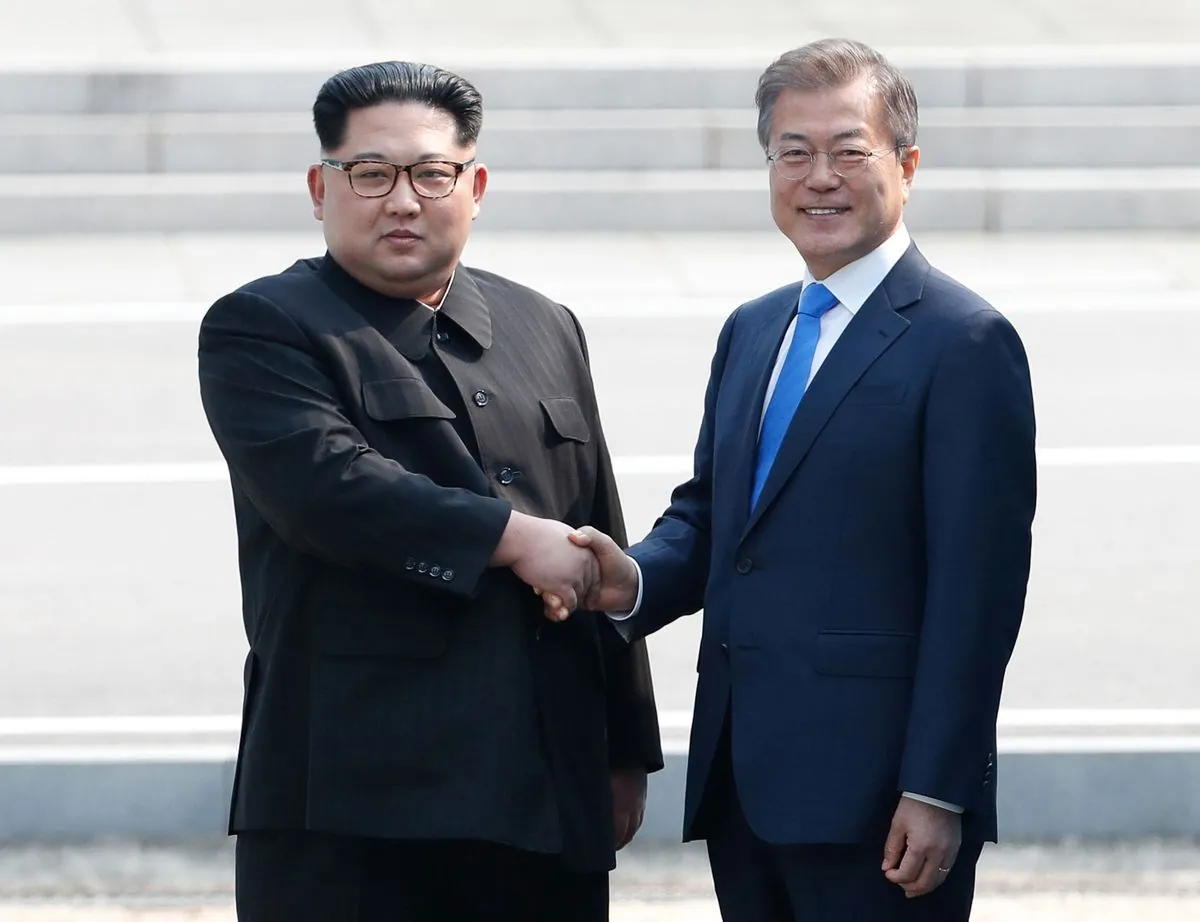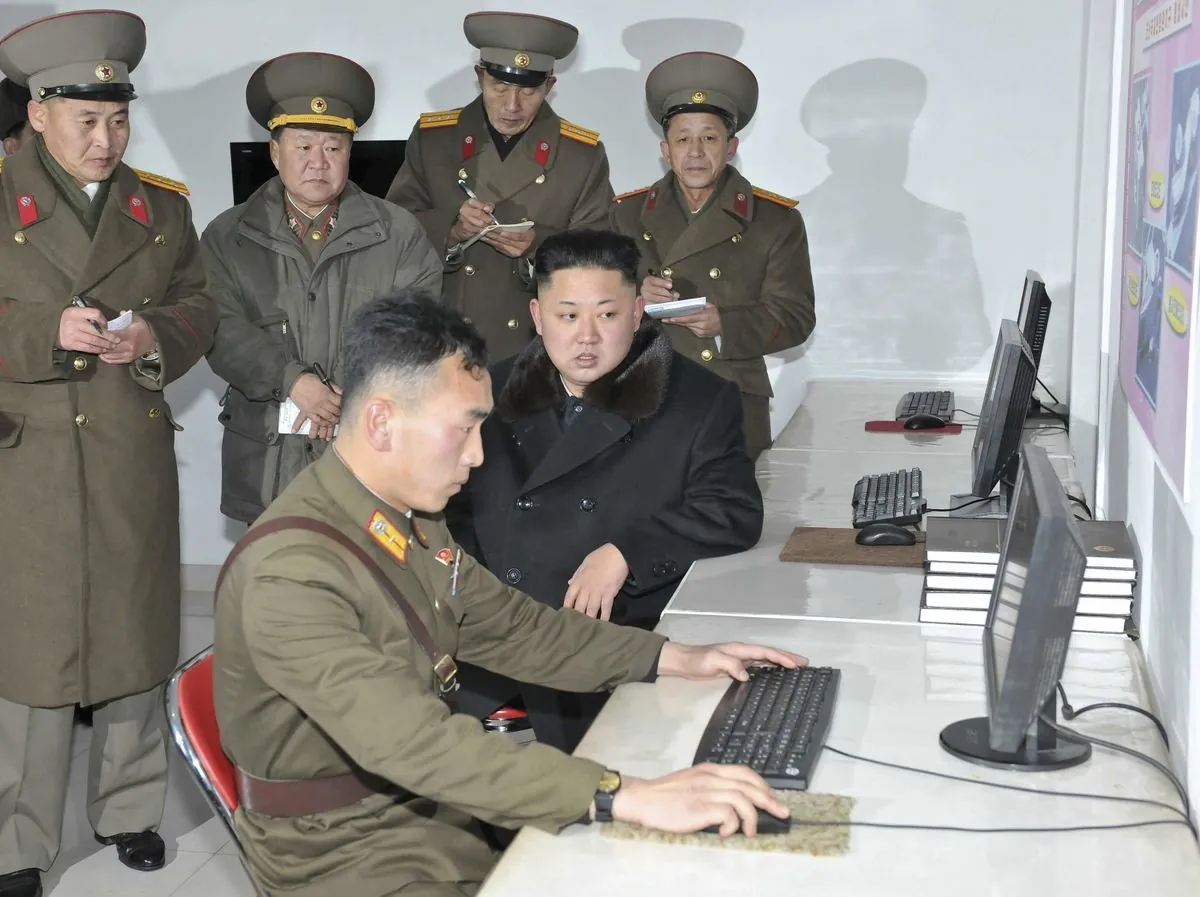Moon Jae-in's Memoir Unveils South Korea's Diplomatic Balancing Act
Former South Korean President Moon Jae-in's memoir reveals insights into his foreign policy, including surprising details about North Korean negotiations and his approach to regional diplomacy.

Former South Korean President Moon Jae-in has released a memoir titled "From the Periphery to the Center in South Korea," focusing on international affairs during his tenure from 2017 to 2022. The book, structured as a dialogue with former advisor Choi Jong-kun, offers a unique perspective on South Korea's foreign policy challenges and achievements.
Choi explains that the title reflects South Korea's increased global prominence during Moon's presidency. The country's democratic progress, exemplified by the Candlelight Revolution that led to Park Geun-hye's impeachment, set a new standard for Asian democracies. Additionally, South Korea's response to the COVID-19 pandemic demonstrated a balance between public health, economic stability, and personal freedoms.
The memoir aims to provide an objective account of Moon's presidency, incorporating critical questions and extensive fact-checking. With approximately 200 footnotes, the book presents diverse perspectives, allowing readers to form their own opinions on complex issues.
One of the most intriguing revelations concerns Kim Jong Un's communication methods. Moon disclosed that the North Korean leader shared his email address, expressing a preference for digital communication due to his frequent travels. This unexpected detail highlights the evolving nature of diplomacy in the digital age.

Moon's memoir also sheds light on his perception of former U.S. President Donald Trump. Contrary to popular belief, Moon viewed Trump positively, appreciating his compartmentalized approach to issues and willingness to consult with South Korea on North Korean matters.
Regarding inter-Korean relations, Moon expressed disappointment in recent developments, particularly Kim Jong Un's shift away from using the term "minjok" (Korean people) and treating South Korea as a hostile entity. This change in rhetoric may reflect a response to the current South Korean administration's harder stance and the Biden administration's approach.
The book emphasizes the importance of realistic diplomacy for South Korean liberals. Moon argues for a balanced approach that includes:
- Maintaining a strong alliance with the United States
- Respecting UN sanctions on North Korea
- Engaging in diplomacy while maintaining military deterrence
- Fostering positive relations with China and Russia
Moon's foreign policy strategy, often described as "strategic ambivalence" or "equidistant diplomacy," aims to diversify South Korea's diplomatic relationships. Choi defends this approach, arguing that engaging with China does not undermine the U.S.-South Korea alliance and can potentially benefit regional stability.
"There are three pillars in national security: military, diplomacy, and veterans affairs."
The memoir also highlights Moon's commitment to recognizing and supporting veterans and independence fighters, drawing from his personal background as a child of North Korean refugees. This focus underscores his belief in the state's responsibility to care for those who have sacrificed for the nation.
In conclusion, Moon Jae-in's memoir provides valuable insights into the complexities of South Korean foreign policy, balancing democratic values, strategic interests, and regional dynamics. As South Korea continues to navigate its role on the global stage, the lessons and perspectives shared in this book offer a foundation for understanding the challenges and opportunities facing the nation.


































